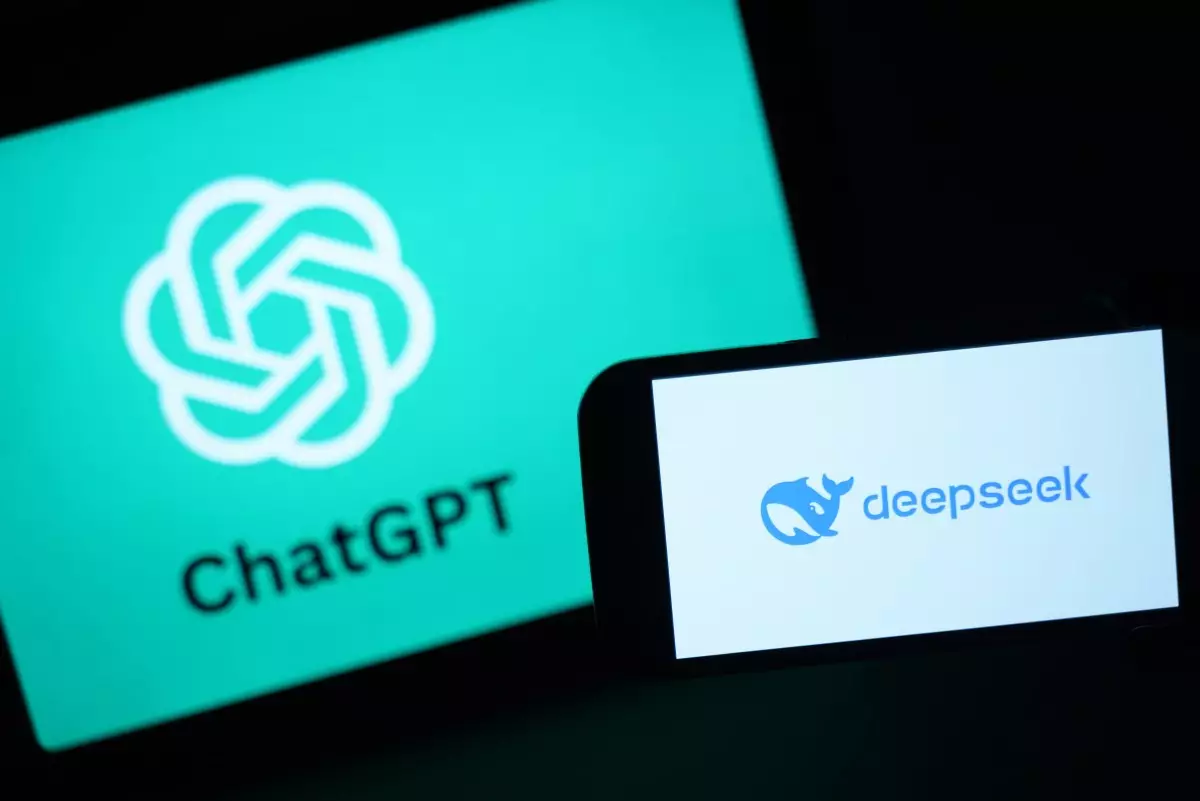In recent months, DeepSeek has emerged as a significant player in the artificial intelligence sector, creating a buzz that has not only captured the public’s attention but also posed a formidable challenge to established models like OpenAI’s ChatGPT. The rapid ascent of DeepSeek raises important questions about the nature of innovation in the tech industry and the implications of new companies breaking through in a space often dominated by giants. This phenomenon signals a shift that deserves deeper scrutiny.
One of the focal points discussed in TechCrunch’s Equity podcast features Professor Ion Stoica, a prominent voice in the tech community and cofounder of Databricks. Stoica presents a compelling argument that the future of artificial intelligence lies in embracing open-source frameworks. This perspective underscores a belief that collaborative and transparent practices can not only democratize AI but also accelerate its development. By fostering an environment where developers and researchers can share insights and build upon each other’s work, the AI landscape may witness innovations that were previously thought to be the domain of a select few.
Another noteworthy development involves Microsoft’s decision to host DeepSeek through its Azure platform. This partnership presents significant advantages for DeepSeek, providing the scalability and infrastructure necessary to support its growing user base. By leveraging Azure’s capabilities, DeepSeek can potentially enhance its performance and functionality, which could lead to better user experiences and attract further interest from businesses looking to integrate cutting-edge AI tools into their operations. However, this partnership also raises questions about the influence of large corporations in the AI development space. Will this lead to a homogenization of AI services, or can startups like DeepSeek maintain their distinctiveness?
In discussing the U.S. policies conducive to innovation, particularly in AI, Stoica reflects on previous legislative efforts such as SB-1047. This bill aimed to encourage technological advancement through strategic initiatives. Key lessons can be drawn from both historical and current trends to shape discussions around effective policies that can nurture a competitive and innovative environment. As we look toward 2025, understanding the regulatory landscape and how it can be aligned with the needs of emerging technologies will be crucial in fostering an ecosystem ripe for breakthroughs.
Lastly, the controversy surrounding allegations that DeepSeek utilized OpenAI’s models to train its own capabilities cannot be overlooked. Such claims, if valid, point to ethical and legal ramifications that could affect DeepSeek’s credibility and operational integrity. Transparency in AI development is vital, and navigating these challenges will be essential for DeepSeek if it hopes to sustain its momentum. The intelligent utilization of existing models can propel innovation, but it must be balanced with ethical considerations to ensure a fair playing field in the tech industry.
The journey of DeepSeek is just beginning, yet it has already made a significant impact on the AI dialogue. As the industry evolves, it is imperative for listeners and stakeholders to stay informed and engaged, not only with emerging technologies but also with the policies and practices that shape them. The dialogue sparked by platforms like TechCrunch’s Equity podcast provides invaluable insights into the prevailing trends that will define the future of artificial intelligence.

